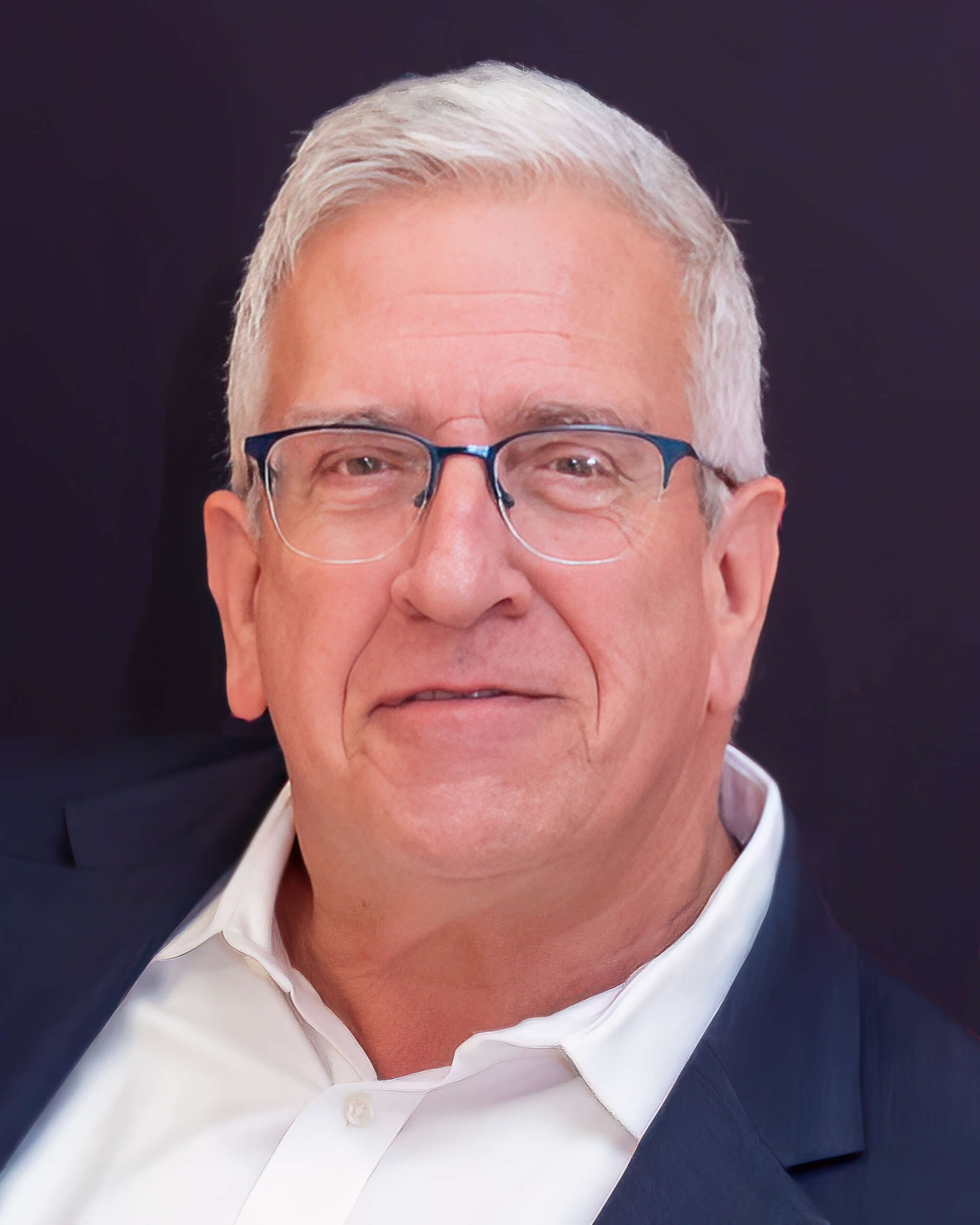Today’s meeting between top executives of several U.S tech giants and senior members of the Trump administration was a “great listening session” for the administration, said Michael Kratsios, deputy U.S. Chief Technology Officer, during an event today organized by the Business Roundtable.
Kratsios said the White House meeting focused on American industry and “leadership of the future,” and in particular four industry areas – artificial intelligence, quantum computing, 5G wireless technologies, and advanced manufacturing. He said today’s talks also put high emphasis on workforce and research and development issues, and “what role the government can play.”
Participants included top executives from Google, IBM, and Microsoft, representatives of Carnegie Mellon University and the Massachusetts Institute of Technology, and former Secretary of State Henry Kissinger.
President Trump, Kratsios said, “dropped by and met the group.”
“It was a great listening session for us . . . and the beginning of a longer conversation,” Kratsios said.
Elsewhere during his remarks today at the Business Roundtable event, Kratsios agreed with Sen. Roy Blunt, R-Mo., that broad infrastructure and innovation issues could be ripe for consideration in the next session of Congress – because those issues are typically more bipartisan in nature.
Sen. Blunt said Congress needs to “redefine” infrastructure issues to include broadband and other information resources. “I would see that as a good place for us to look as a bipartisan place to start,” he said.
The White House, Kratsios said, sees legislative opportunities in tech policy – an area that he characterized as “very bipartisan.”
“If we are looking for opportunities to come together and pass bills in both houses” of Congress, tech policy issues “could be a good place to come together,” Kratsios said.
Sen. Blunt cautioned that one of the rules of Congress should be “do no harm,” and indicated his preference to work on legislation that “creates and opens doors for the future and maybe creates some guard rails,” rather than bills that “close doors.”
And he said that technology development moves along so fast that “the odds in technology that Congress is going to solve a problem while it is still a problem is almost zero.”

